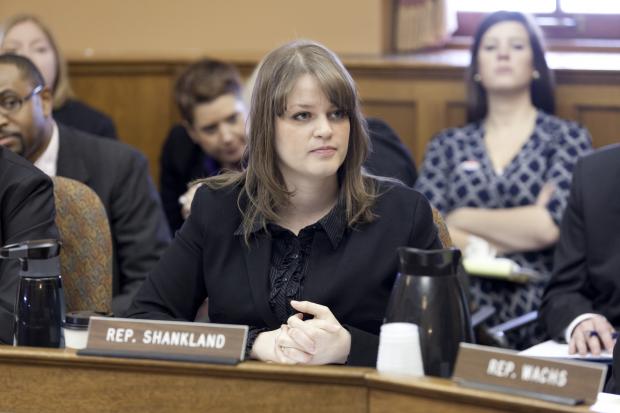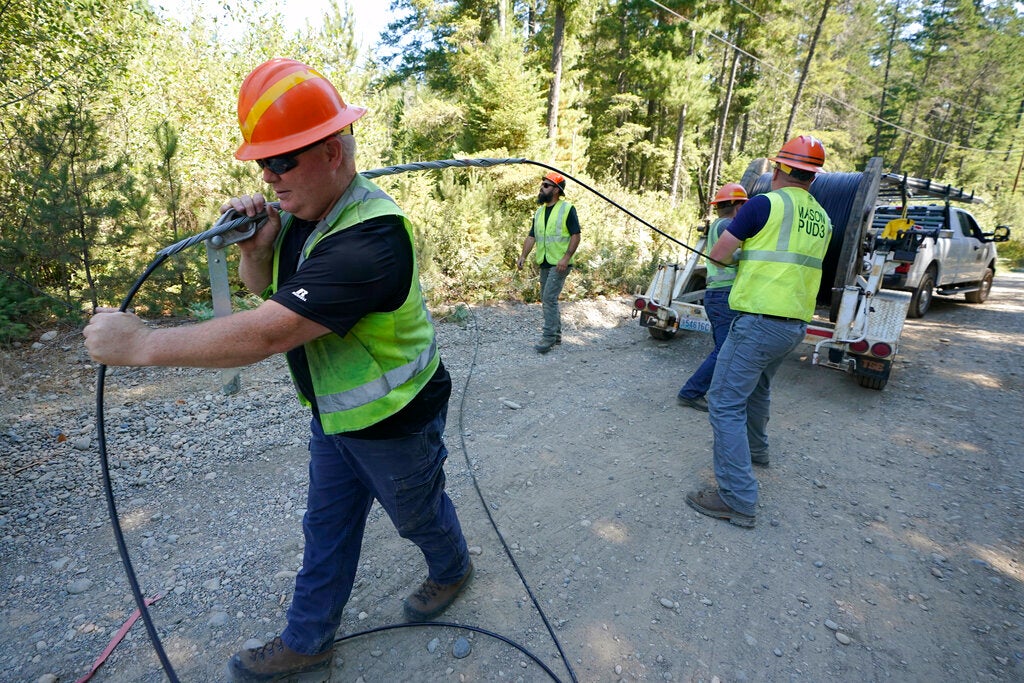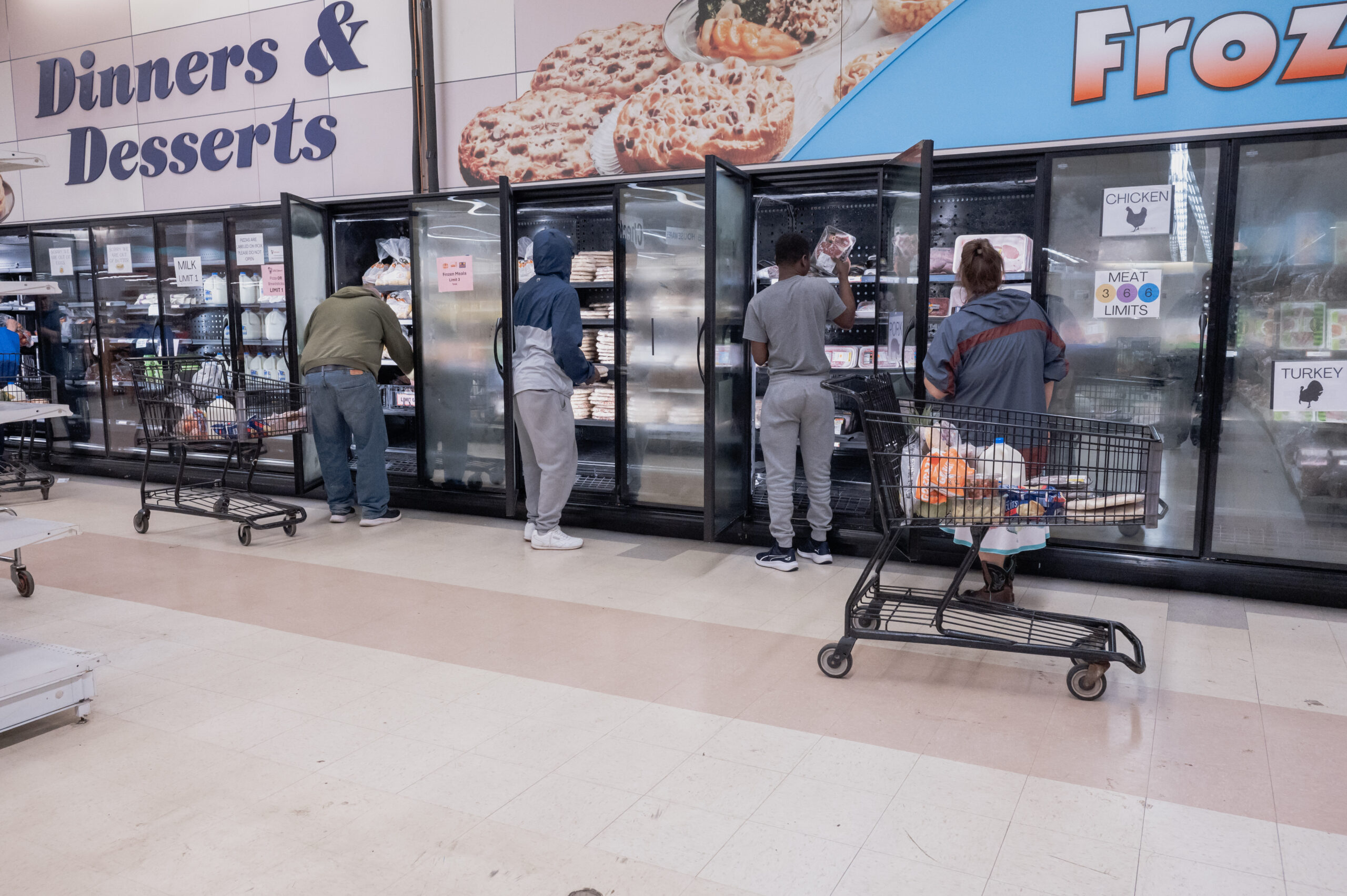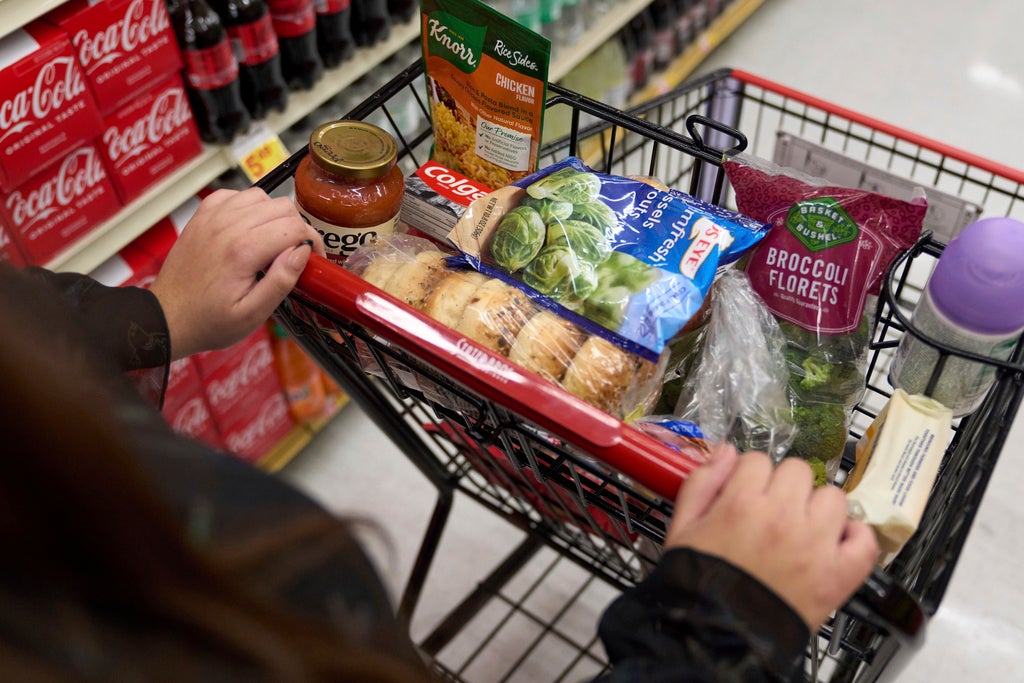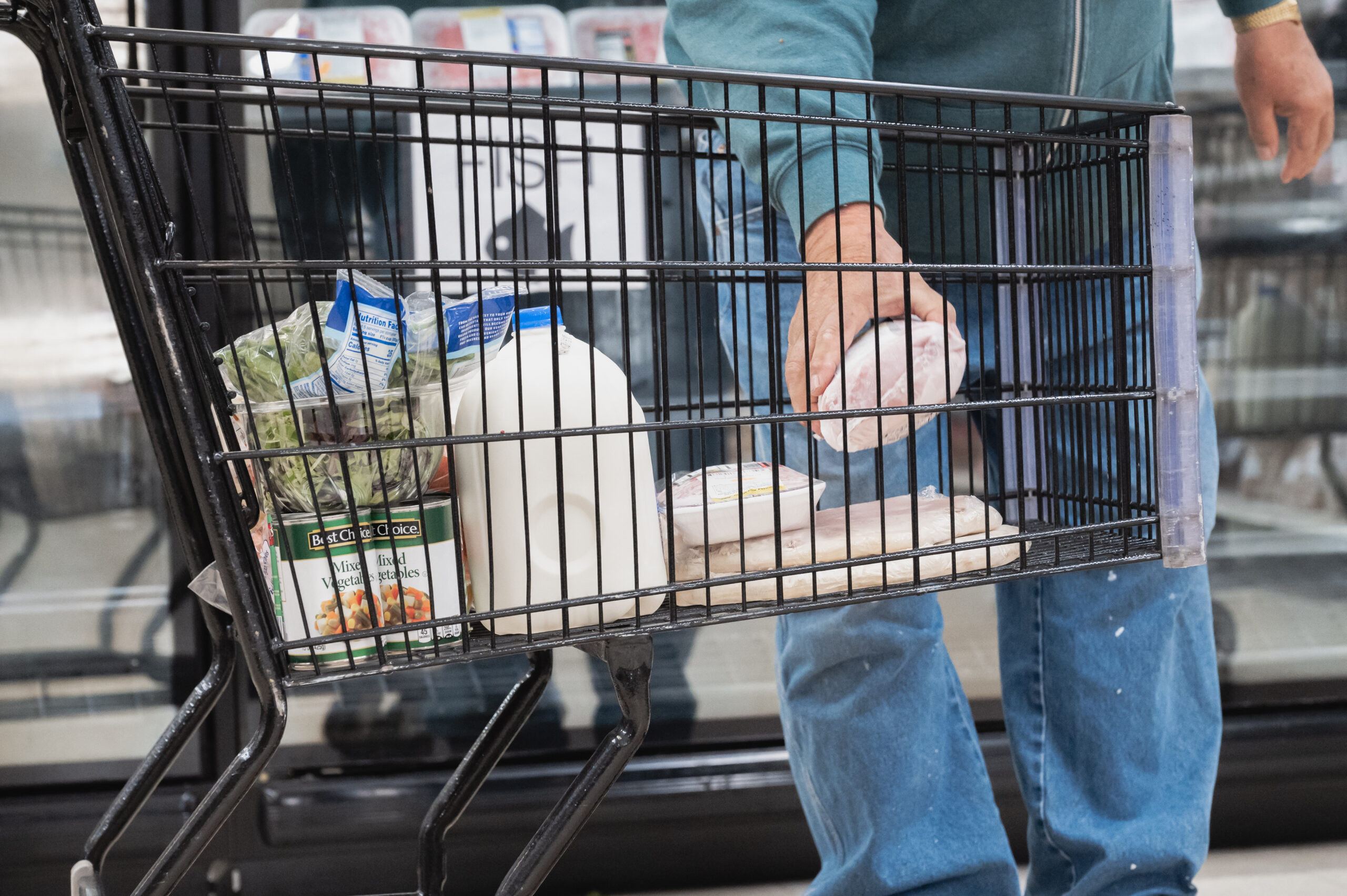Wisconsin is one of three states that has ended a program that provided increased food assistance benefits to low-income households.
When Congress approved the U.S. Farm Bill in February, it included changes to a program called “heat-and-eat.” Under the program, the federal government sends additional food assistance funding for every low-income household that the state helps pay heating bills. Previously, the law only required a state to give $1 in heating assistance in order to qualify. Now, states must pay at least $20 in energy benefits to get the additional food assistance funds.
State Rep. Katrina Shankland, D-Stevens Point, introduced a bill last spring that would have enabled Wisconsin to meet the new heating assistance minimum, but it never was voted upon.
Stay informed on the latest news
Sign up for WPR’s email newsletter.
“255,000 Wisconsin households losing $276 million in FoodShare benefits will be devastating for these people,” she said. “We’re talking about a family of three losing out on $1,200 worth of food assistance.”
The “heat-and-eat” cuts are already in effect in Wisconsin, and the governor’s office says the state will not change its current heating assistance funding levels.
Wisconsin Public Radio, © Copyright 2024, Board of Regents of the University of Wisconsin System and Wisconsin Educational Communications Board.

